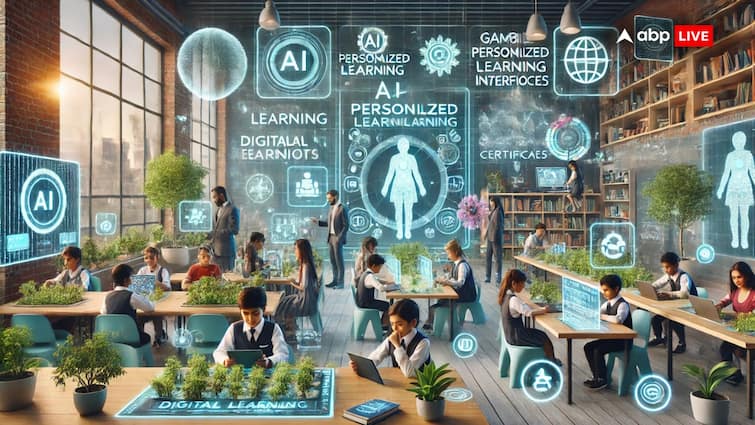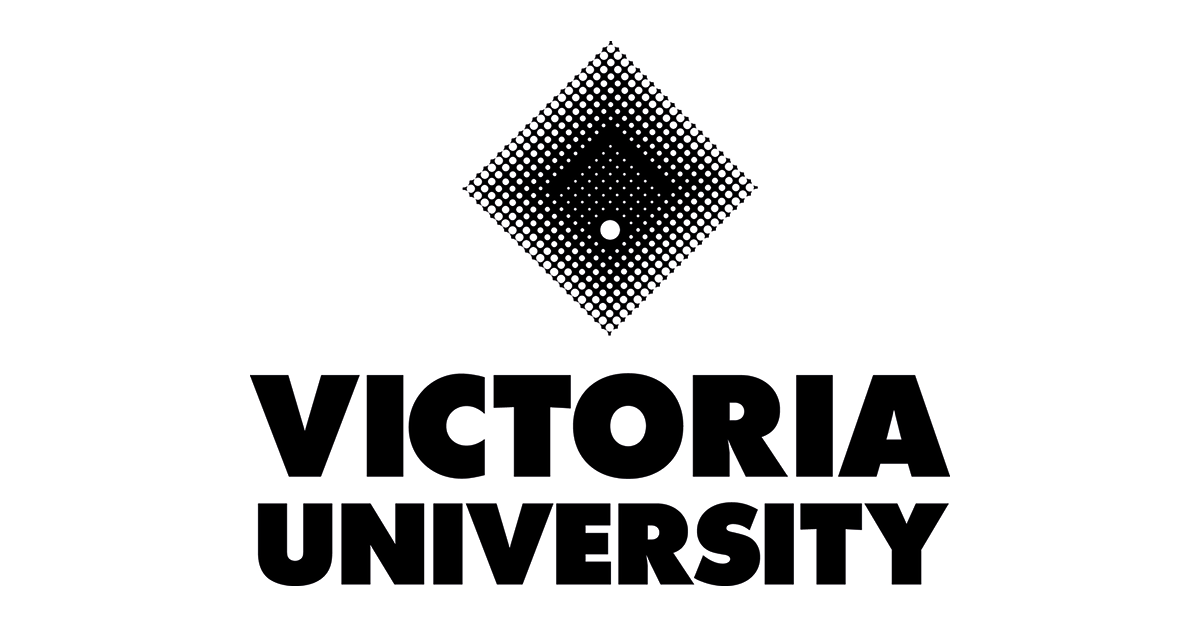How Technology Is Likely To Shape Education In 2025

By Dr. Silpi Sahoo
We are in 2025, a year experts have said the field of education is poised for a remarkable transformation, driven by technological innovations and evolving societal needs. Influenced by policy frameworks like the National Education Policy (NEP) 2020, the education system is shifting toward inclusivity, adaptability, and skill orientation. The year will mark a significant turning point, with cutting-edge advancements and progressive strategies converging to redefine how knowledge is imparted and acquired.
From AI-powered personalised learning to sustainability-focused curricula, these trends signal a future where education transcends traditional boundaries, preparing learners for a dynamic global landscape. With gamification, blockchain, and digital twin technologies leading the charge, education is becoming more interactive, accessible, and relevant. Whether fostering soft skills, enabling lifelong learning through micro-credentials, or opening doors to global opportunities, the innovations of 2025 promise a more holistic and impactful learning experience.
Here’s a closer look at the key trends reshaping education in 2025 and their profound implications for learners, educators, and institutions alike.
Personalised Learning Powered by Artificial Intelligence
AI is redefining formal education by customising the learning experience to provide requirements in a particular aspect of learning for each scholar. Adaptive learning systems include learning by inclusion and accessibility through various modes of learning that meet individual needs. Such advanced technologies enable children to advance at their own pace, leaving none behind. AI-enabled educational content by both Pearson and McGraw Hill is there to make learning easier and interestingly comprehensible to be tailored to each student’s needs.
The Soft Skill Revolution
While AI propels the growth of tech competencies, the want for systems that foster soft talents, inclusive of essential thinking, emotional intelligence, and management, is skyrocketing. In consonance with the holistic improvement framework of NEP 2020, institutions are embracing packages that increase these human-centric skills, making ready college students for real-world demanding situations and collaborative fulfillment.
Interactive Learning Using Games
Gamification in education has developed into a strong engagement retention tool. Interactive games as well as simulations make things easy to understand for children. Make learning not just effective but also fun. Learning is going to change into a new trend. Fun to functionality, it’s now going to redefine the entire classroom experience.
Digital Twin Tech: The Future Of Advanced Learning
Digital twins, which are virtual models of physical systems It is creating trends in the field of education. Imitating the real thing, digital twins surely make waves in education. They allow students to experiment, innovate, and solve problems while in risk-free environments through immersive learning experiences. Such technology bridges the gap between theory and practice in understanding and fostering creativity.
Blended Learning Model For Flexibility
The pandemic gave rise to digital and hybrid learning, embraced now with more expertise and recognition for its advantages. Hybrid models make for the best balance between a physical classroom and an online platform-the most accessibility and convenience. Boundaryless education is being made possible through quality digital content for such models.
Learning With Micro-Credentials
Today, education encompasses general qualifications. It also involves short-term and skill-specific certifications. Micro-credentials ensure learners’ relevance and adaptability in the dynamic industry. This transformation supports NEP’s vision of lifelong learning, and is backed by institutions and publishers worldwide such as Oxford University Press, which is expanding its digital course portfolio.
Sustainability In Education
It is an urgent issue on the globe and, therefore, sustainability should be incorporated into the curriculum. Resources and programmes for education centre on sustainability in order to equip the next generations of leaders who will shape a greener future. That is what the educational sector needs to help a generation understand its responsibility to the ecology.
Blockchain
Blockchain technology is now emerging as a reliable solution for keeping educational records. From the security of certificates to verification of credentials, blockchain provides transparency and trust in academic documentation. This innovation is highly impactful in streamlining admissions and maintaining global standards.
By Dr. Silpi Sahoo is Chairperson, SAI International Education Group.
[Disclaimer: The opinions, beliefs, and views expressed by the various authors and forum participants on this website are personal and do not reflect the opinions, beliefs, and views of ABP Network Pvt. Ltd.]
Education Loan Information:
Calculate Education Loan EMI
link






